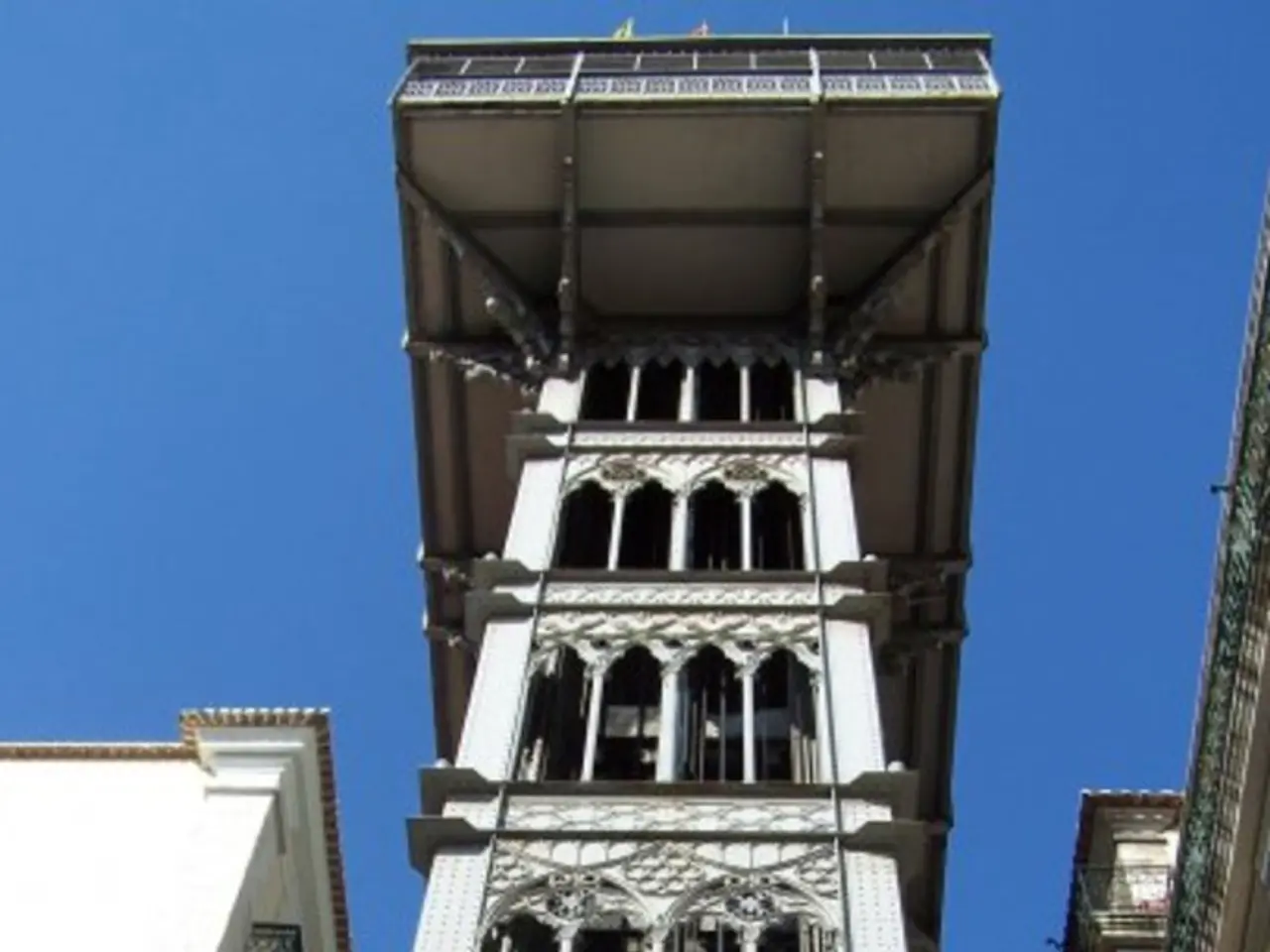Government has yet to establish a unified policy regarding gas production prior to Borkum.
The ongoing debate surrounding a cross-border natural gas project in the North Sea, known as the GEMS project, has drawn the attention of the Lower Saxony state government, the Netherlands, and the German federal government.
### Stances of the Different Governments
The political stance of Lower Saxony has been uncertain and indecisive, with no clear approval or rejection of the project. The Dutch government, on the other hand, has shown consistent support for the GEMS gas extraction project since 2019. At the national level, the German government's stance has been ambiguous and delayed.
### Potential Environmental and Climate Impacts
The proximity of the extraction site to the Wadden Sea, a UNESCO World Heritage site, has raised concerns about potential environmental damage. Opponents from both Germany and the Netherlands have appealed to the UNESCO World Heritage Committee. The gas extraction project also stands at odds with the broader EU and German climate ambitions, as the European Union has proposed a 90 percent reduction in CO2 emissions by 2040 compared to 1990 levels.
### Summary
The debate reflects a tension between economic interests in gas extraction and environmental/climate protection priorities. The hesitant and fragmented German political stance contrasts strongly with Dutch support for the project, while concerns about the Wadden Sea’s protection and adherence to ambitious climate goals add pressure for more decisive and sustainable policies.
Christian Meyer, the Minister of Environment for Lower Saxony, continues to reject the gas extraction plans. No decisions have been made in the ongoing legal proceedings yet. Olaf Lies, the Minister President of Lower Saxony, has not yet decided whether Lower Saxony will vote in favour of the gas extraction agreement with the Netherlands in the Bundesrat.
- The uncertainty of Lower Saxony's political stance on the GEMS project, despite the Dutch government's consistent support and the German federal government's ambiguous position, highlights a potential division between the involved countries in the realm of energy politics.
- The impending decision by Olaf Lies, Minister President of Lower Saxony, regarding a vote in the Bundesrat, could serve as a crucial factor in the financial industry's investment plans for the GEMS project, given the project's underlying implications for cross-border finance and economic growth.
- As the general-news media continue to follow the debate surrounding the GEMS project, climate activists are also watching closely, given the potential carbon emissions from the project and the EU's drive towards a 90 percent reduction in CO2 emissions by 2040, which suggests that the broader politics of energy and climate are closely intertwined in this discussion.




